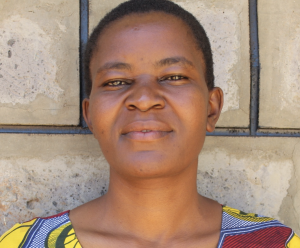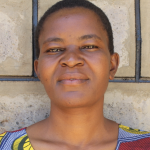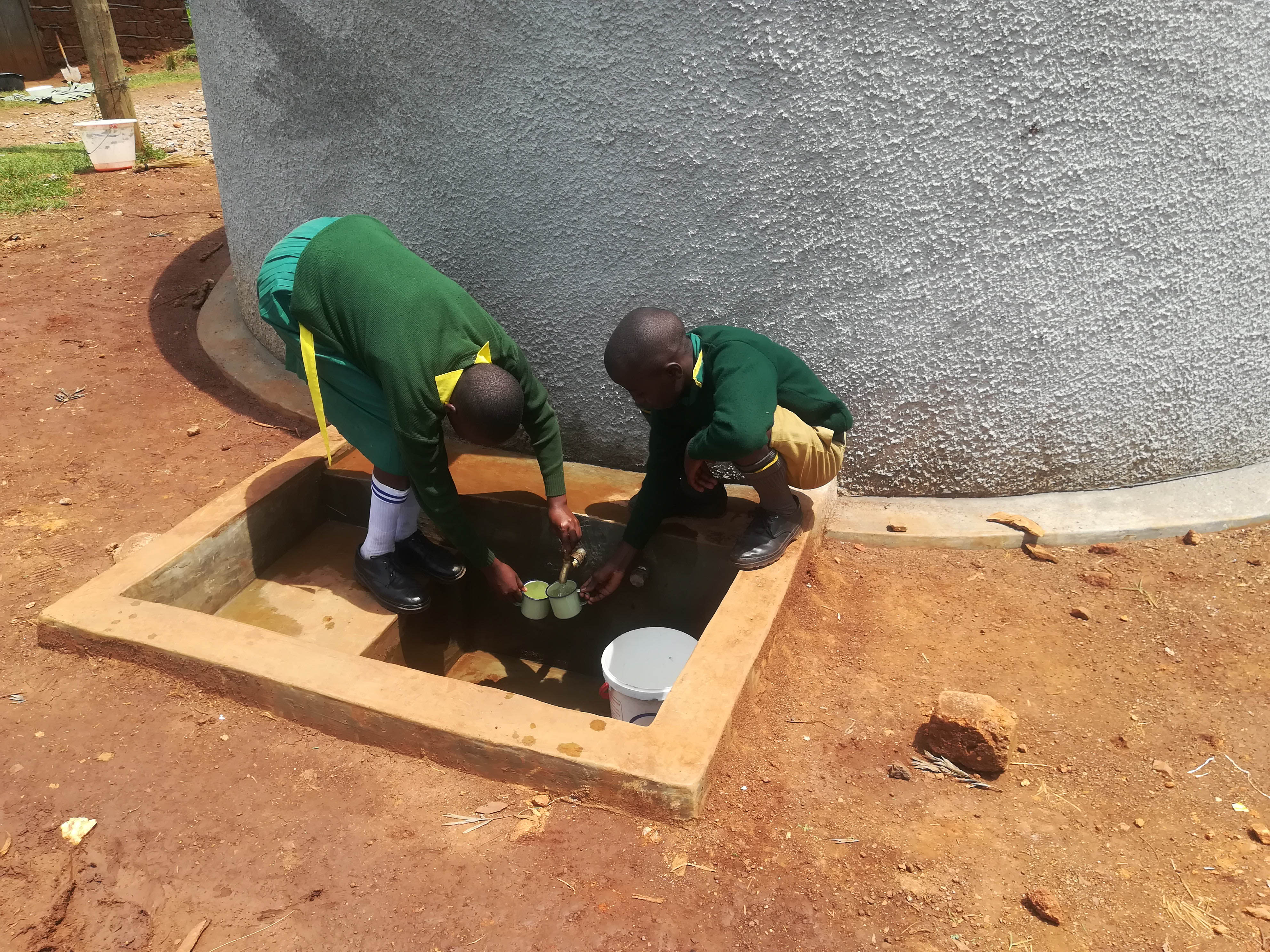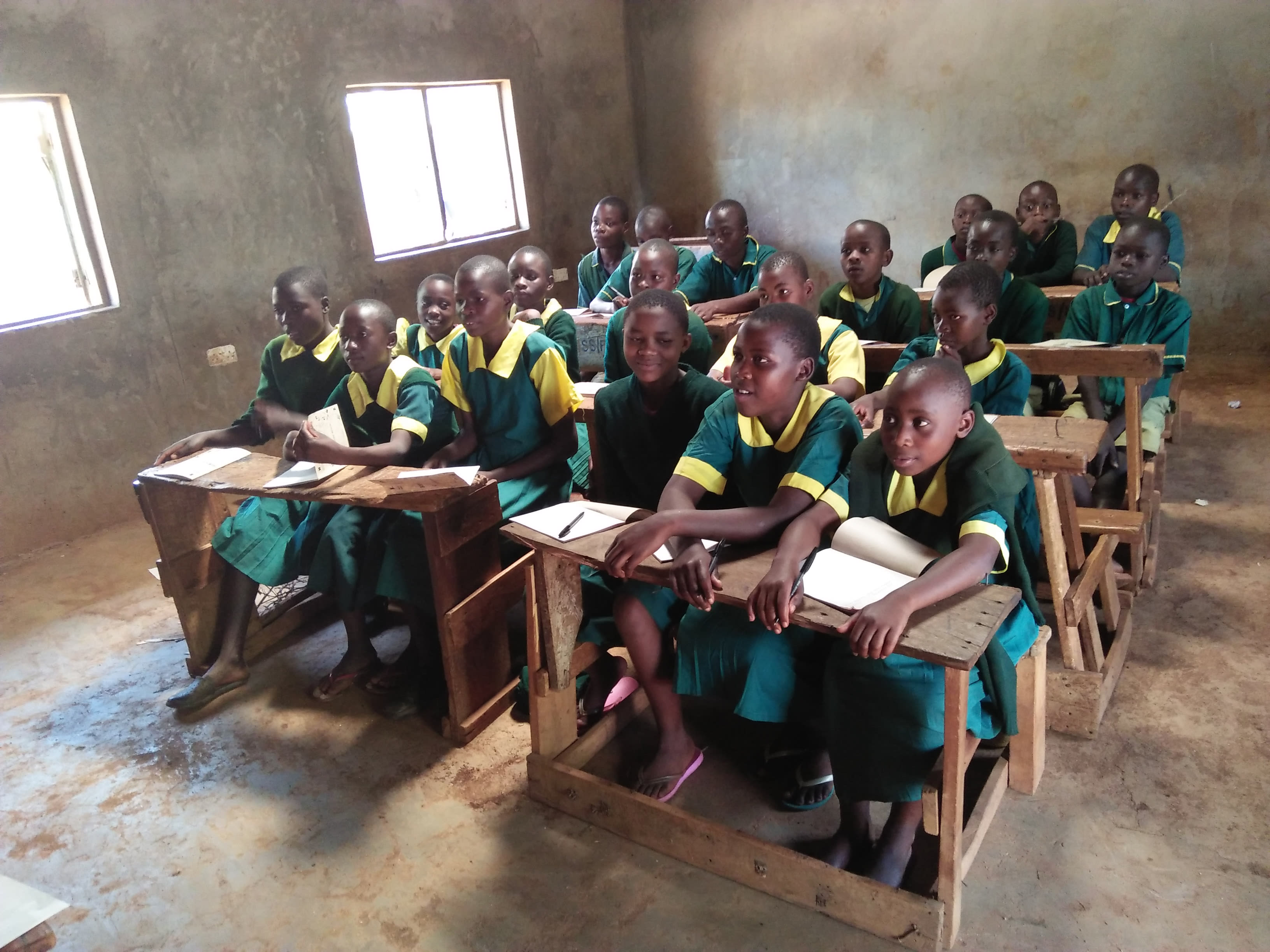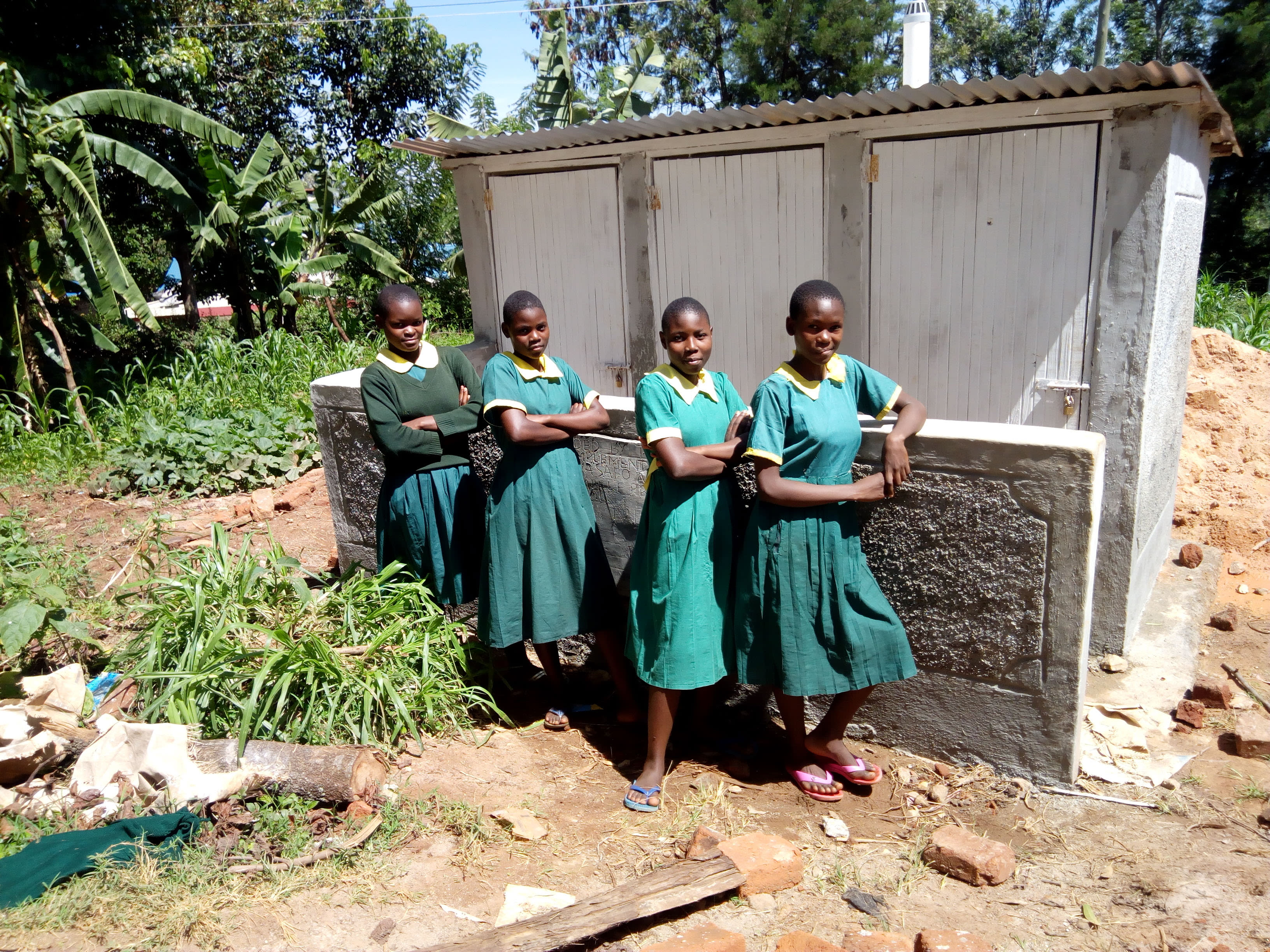Imbale Primary School is found in Ikolomani sub-county in Kakamega County. It was established in 1959 and is sponsored by Church of God.
The day for the 835 students at the school starts at around 6am.
Pupils in the upper classes of seven and eight start arriving at school for morning study hall, which takes one hour. Then follows the time for cleaning the classrooms. The pupils only sweep classes in the morning due to the scarcity of water in the school. Meanwhile, some pick rubbish around the school grounds under the direction of the teacher on duty.
At 8am a bell rings and they run to the toilet before they enter their classrooms for normal classes. The pupils have two breaks in the morning. At 12:45pm the rest of the pupils break for lunch made at the school. Students in class seven and eight must contribute maize and beans for their lunch.
At 2pm they move to afternoon classes until 4pm. Some classes break for games while others go bring water in the protected spring. Thereafter they go home at 5pm.
Water
The pupils collect water throughout the day from a protected spring located roughly .5km from the school. They use uncovered five-liter jerrycans to collect the water. The water is carried back to the school where it is stored in larger containers to be used for cooking, cleaning, and washing.
The pupils waste a lot of time going to fetch water from the protected spring which is far from their school. Which takes up their learning time.
"Pupils carry water in small containers that are dirty and they go to the spring 6 times so that the school can have enough water," Mr. Alex Amutai, a teacher at the School, said.
Adding a clean water source at the school will save time wasted collecting water and provide a safe water storage point.
Sanitation
The students use latrines on the school grounds to go to the bathroom.
The latrines are not in good condition. They are full, many have potholes, some doors are broken, they are made of bricks and cement but the walls are damaged.
There are no handwashing stations for the students to use.
"Kindly assist us so that the school can change its face physically. I am sure, if assisted, the pupils will not waste time and their performance academically will go up," Mr. Amutai said.
Here’s what we’re going to do about it:
Training
Training will be held for two days. The facilitator will use PHAST (participatory hygiene and sanitation transformation), ABCD (asset-based community development), CTC (child to child), lectures, group discussions, and handouts to teach health topics and ways to promote good practices within the school. The CTC method will prepare students to lead other students into healthy habits, as well as kickstart a CTC club for the school.
Handwashing Stations
This CTC club will oversee the new facilities, such as handwashing stations, and make sure they are kept clean and in working condition. The two handwashing stations will be delivered to the school, and the club will fill them with water on a daily basis and make sure there is always a cleaning agent such as soap or ash.
VIP Latrines
Two triple-door latrines will be constructed with local materials that the school will help gather. Three doors will serve the girls while the other three serve the boys. And with a new source of water on school grounds, students and staff should have enough to keep these new latrines clean.
Rainwater Catchment Tank
A 50,000-liter rainwater catchment tank will help alleviate the water crisis at this school. The school will also help gather the needed materials such as sand, rocks, and water from the spring for mixing cement. Once finished, this tank can begin catching rainfall that will be used by the school’s students and staff.
We and the school strongly believe that with this assistance, standards will significantly improve. These higher standards will translate to better academic performance!

 Rainwater Catchment
Rainwater Catchment
 Rehabilitation Project
Rehabilitation Project












